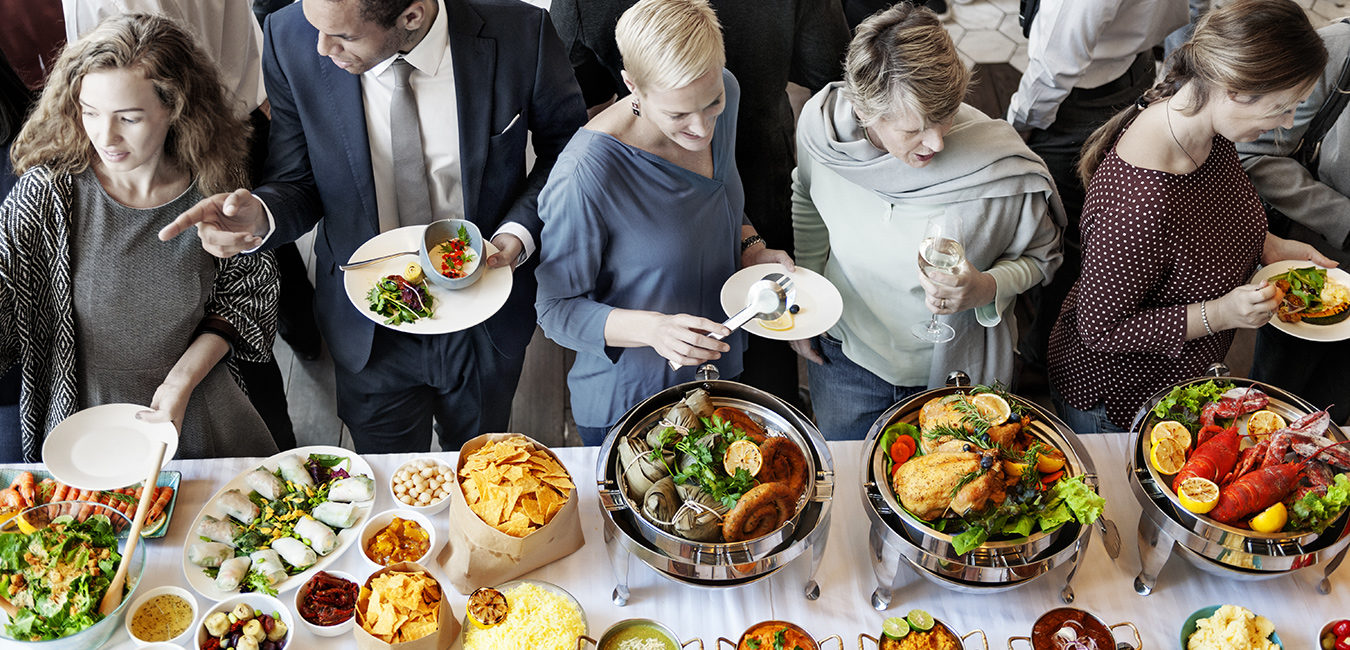There’s good news and bad news when it comes to the holidays and your health. The good news: Research shows that the average American puts on just about a pound between Thanksgiving and New Year’s Day (though heavier people add more than five pounds). The bad news: Most people never shed the extra weight, according to a study in the New England Journal of Medicine. Since the average weight gain during adulthood is about one to two pounds a year, the data suggests that much of midlife weight gain—and the attendant health risks, such as chronic inflammation, heart disease, and diabetes—can be chalked up to excesses of the season.
With a little planning and resolve, however, it’s possible to enjoy the holidays, maintain your present weight, and stay healthy. These strategies can help you stay on track with sound eating habits.
Eat before holiday gatherings and parties. By eating a small meal—one with protein and high-fiber vegetables—beforehand, you will feel fuller, less hungry and therefore less likely to overindulge. A broth-based chicken and vegetable soup is a good choice. Low-calorie liquids also help you feel full, so drinking plenty of water or unsweetened, non-alcoholic beverages can always help stave off hunger before and during the party, too.
Survey the spread. If your event includes a buffet, walk up and down it without your plate first to see what’s there and decide what you really want. That way you won’t load up your plate with too much food. Then move away from food areas, so you don’t find yourself eating mindlessly. For instance, find a way to move the conversation into another room that doesn’t have food. When you socialize around food, you are more likely to keep snacking.
Don’t skip meals. In the countdown to New Year’s Day, it’s tempting to “save up” calories for a party or special holiday meal—but it doesn’t usually work. You’re apt to overeat, because you’re overly hungry.
Offer healthy choices. If you’re the one throwing the party, include healthy dishes, such as fruit ambrosia or a vegetable tray and low-fat dip (using yogurt instead of sour cream). And send leftovers of fattier fare home with your guests so there is nothing left to pick at.
Treat yourself. If you have a craving for something sweet, try to satisfy it with a piece of fruit or a bit of dark chocolate. Experiment with healthier desserts, such as chocolate-dipped strawberries for a colorful finale. But if you really want one of the family’s special brownies, go for it, just stop at one. Or take only half a serving of your favorite pie or cake.
Keep moving. One of the best ways to avoid weight gain associated with extra sweets, creamy dishes, and high-calorie beverages is to make sure to incorporate 30 minutes of physical activity into your day. Try speed walking around the mall while doing your holiday shopping. And on holidays themselves, create a new tradition, such as taking a walk after the big meal or shooting hoops in the driveway.
The Main Thing. The main thing is to keep the main thing (your present weight) the same. Getting on the scales (in your birthday suit) each morning before you eat or drink anything is the best insurance that you will catch yourself and not over indulge and gain weight over the holidays. Many of those most successful at avoiding weight gain step on the scales very frequently (daily is ideal). It’s a small habit with a big health benefit!
Be realistic. Now may not be the time to embark on a weight-loss plan. Make your goal to simply maintain your weight without gaining—and enjoy the holidays!

